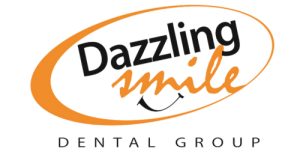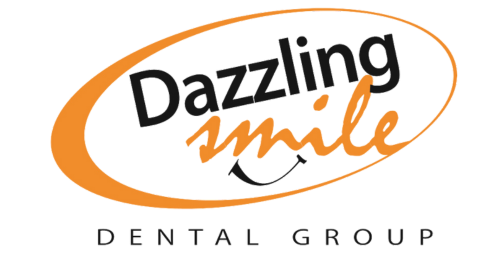A family dentist can cater to the health of everyone in the family and make suitable recommendations that can help improve their oral health. A mouth rinse, also called dental rinse or mouthwash, is a liquid solution that serves different oral health functions. Mouth rinses can be applied to reduce oral irritation and discomfort, promote oral hygiene, moisturize the oral tissues or treat halitosis (bad breath). Oral rinses are available over the counter or through a prescription and are divided into cosmetic, therapeutic or a combination of both.
When is a mouth rinse recommended?
Your family dentist may recommend a specific type of oral rinse if you are highly susceptible to tooth decay, dry mouth (xerostomia), gum inflammation or gum disease. A mouth rinse may also be prescribed after oral surgery or periodontal treatment to accelerate healing, fight microbes and alleviate pain.
Also, many dental rinses are suggested for people who have difficulty cleaning their teeth because of physical impairments or other medical conditions.
The different types of oral rinses
Cosmetic oral rinses
Cosmetic mouth rinses are manufactured as commercial over-the-counter products to temporarily manage or reduce bad breath, clean out oral debris, lower bacteria count in the mouth and give a pleasant, refreshing taste. Some oral rinses have whiteners that help improve the teeth’s appearance, although it should be noted there is usually no oral health benefit of teeth whitening aside from aesthetic appeal.
Certain cosmetic oral rinses contain no alcohol, but many are available in high concentration, with anywhere from 18 to 26 percent of alcohol. Some rinses contain a flavoring agent to give a pleasant taste, and astringents such as zinc chloride can constrict the pores and form a protective layer of firm tissue.
Therapeutic oral rinses
Therapeutic mouth rinses have similar benefits to cosmetic oral rinses and are available over-the-counter and as prescription formulations. They typically contain an active ingredient designed to prevent or treat different oral health issues. Therapeutic rinses are regulated by the FDA and have to be approved by the American Dental Association.
Therapeutic oral rinses can be further be categorized into:
- Anti-plaque, created to combat plaque and gingivitis
- Anti-cavity, which typically contains fluoride to fight cavities and strengthen the teeth
- Anti-tartar, containing agents such as zinc nitrates to reduce tartar accumulation
- Anti-microbial and antibiotic, to reduce bacteria and restrict their activity in the mouth
Other types of therapeutic rinses are available to promote saliva production and relieve oral pain.
Natural/herbal oral rinses
If you like natural or herbal-based products, you can choose natural oral rinses. These rinses do not contain harsh chemicals, alcohol, dyes or preservatives. They usually include herbs with medicinal properties and alternative ingredients.
The bottom line: How effective are oral rinses?
Dental experts have different opinions on the application of mouth rinses for improving oral health. One fact they all agree on, however, is that the benefits of oral rinses lie in the type of mouthwash used.
Many family dentists suggest their patients include mouth rinses in their oral hygiene regimen. Rinses are meant to be supplements and not a replacement for regular brushing and flossing. Before buying any of such products, ensure it has the ADA seal of approval.
Request an appointment here: https://www.dazzlemysmile.com or call Dazzling Smile Dental Group at (718) 841-9535 for an appointment in our Bayside office.
Check out what others are saying about our services on Yelp: Read our Yelp reviews.




